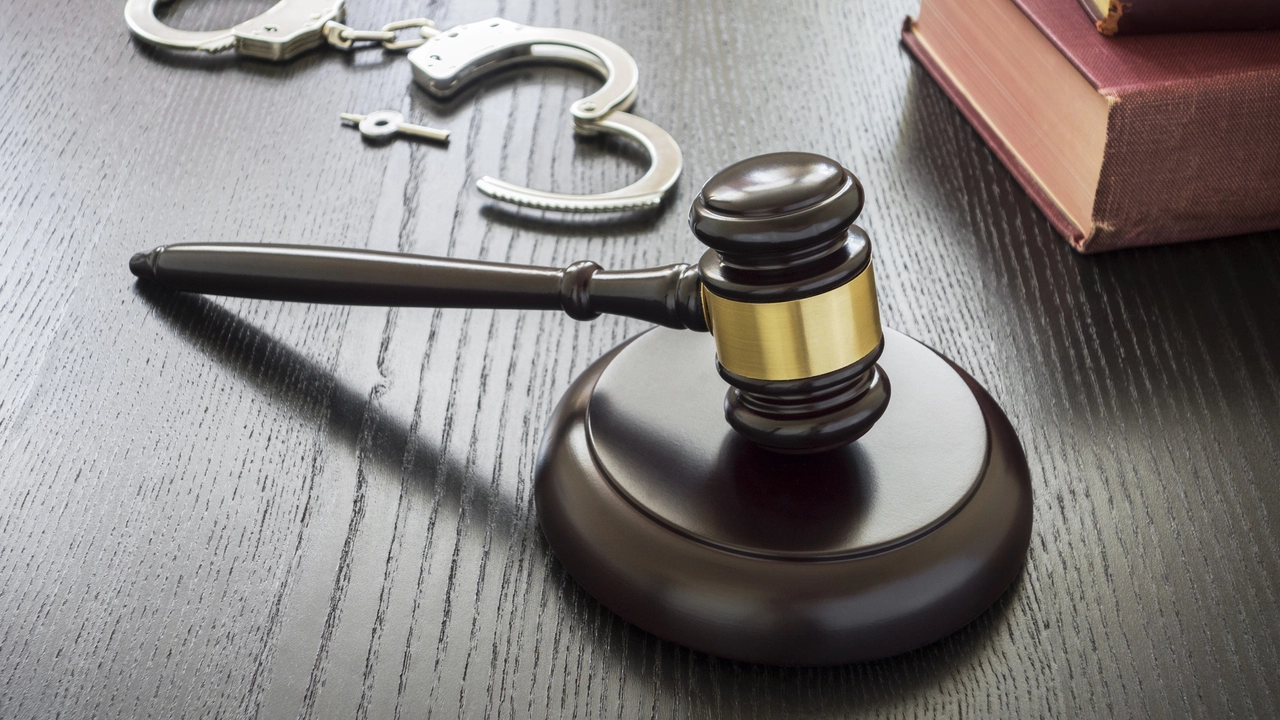Presumption of Innocence: What It Is and Why It Matters
Ever heard the phrase “innocent until proven guilty”? That’s the heart of the presumption of innocence. It means anyone charged with a crime starts out as innocent, and the burden is on the prosecution to prove guilt beyond a reasonable doubt. No matter how strong the suspicion looks, the law still treats the accused as not guilty until the evidence says otherwise.
This rule isn’t just a nice idea – it’s a legal safeguard. It stops the state from playing judge, jury, and executioner. By demanding proof, it protects ordinary people from wrongful convictions and keeps the justice system fair.
How the Presumption Works in Court
When a case goes to trial, the judge will remind everyone that the defendant is presumed innocent. The prosecutor then presents evidence, witnesses, and arguments. The defense can challenge that evidence, bring their own witnesses, or point out gaps. If the jury (or judge in a bench trial) isn’t convinced beyond a reasonable doubt, they must acquit.
Notice the phrase “beyond a reasonable doubt.” It’s a high standard because the stakes are huge – freedom, reputation, even life. The law doesn’t ask for absolute certainty, just that no reasonable person would doubt the guilt after hearing all the evidence.
Common Misunderstandings
Many people think the presumption of innocence means the accused gets special treatment. In reality, it simply levels the playing field. The accused can still be detained, have travel restrictions, or face media scrutiny. Those are real pressures, but they don’t replace the need for proof.
Another myth is that “innocent until proven guilty” is just a courtroom phrase. It actually influences police investigations, bail decisions, and even public policy. For example, bail is set to ensure the person shows up for trial, not to punish them before a verdict.
Internationally, the presumption is enshrined in documents like the Universal Declaration of Human Rights. Countries that ignore it often see higher rates of wrongful convictions and public mistrust in their justice systems.
So, what does this mean for you? If you ever find yourself or a loved one facing criminal charges, remember that the law already gives you a shield. Your job is to work with a good lawyer who will test the prosecution’s case and keep the presumption on your side.
And if you’re just curious about how the system works, keep an eye on news stories. Notice when journalists mention the presumption of innocence – it’s a reminder that the legal process still needs to follow its own rules.
Bottom line: the presumption of innocence is a cornerstone of fair justice. It makes sure the state does the heavy lifting, not the individual. By insisting on solid proof, it protects freedom and keeps the courts from becoming tools of oppression.

No presumption of innocence once trial court convicts?
So, folks, here's the deal with this whole "No presumption of innocence once trial court convicts" thing. It's like when you're caught red-handed stealing cookies from the cookie jar, there's no going back to the "I'm innocent" plea, right? So, once a trial court bangs its gavel and says "Guilty!", the scales of justice weigh heavily on you. The presumption of innocence, my friends, packs its bags and heads for the hills, leaving us to wonder, can we ever get it back? But hey, on the bright side, at least we're not talking about actual cookies here, so no need to stress about any unexpected weight gain!